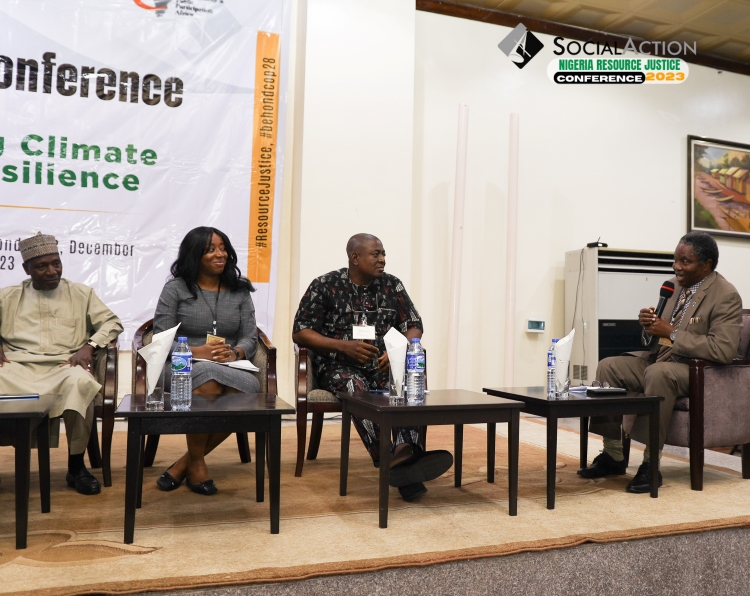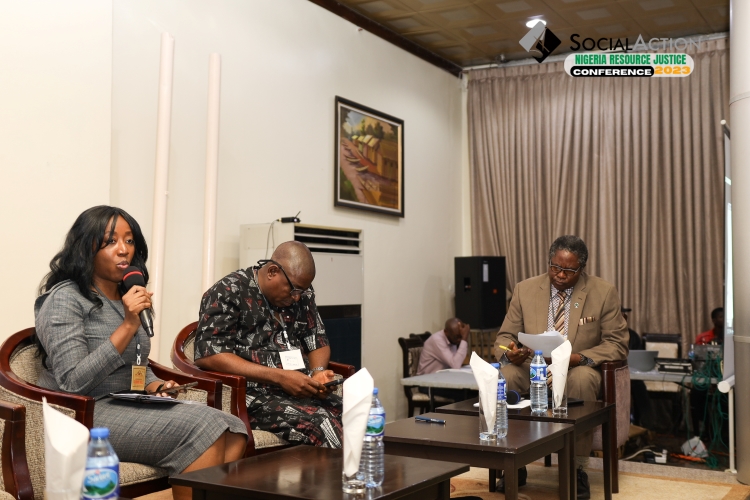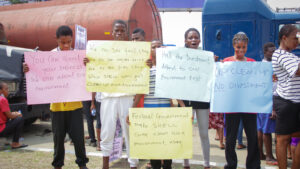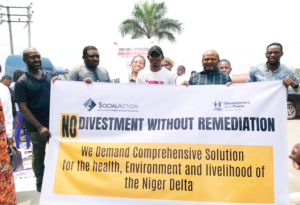Navigating Mitigation and Transition: Challenges and Clarity in Nigeria’s Climate Action Plans
A discussion by the panellist at the first panel session at the Nigeria Resource Justice Conference 2023
Transitioning is a multifaceted process impacted by environmental degradation, and it demands a careful consideration of various perspectives to ensure procedural justice. In the case of Pakistan, the dire consequences of pollution are evident, with only about 1% of accrued benefits reaching them. This underscores the urgency of addressing environmental challenges through a just and equitable transition.
When examining Nigeria’s transition plans, it becomes crucial to understand the motivations behind countries attending COP conferences. The panellists agree that Nigeria’s representation at COP28 raised questions about the clarity of its outcomes. While energy substitution and sufficiency are aspirational goals for Nigeria, the lack of infrastructure poses significant challenges. The country’s transition plans, though promising on paper, face obstacles in effective implementation.
Nigeria grapples with the implementation of its policies, and policy somersaults further complicate the situation. Despite having well-formulated policies, the execution of these strategies encounters hurdles. The disconnect between policy formulation and implementation becomes a potential stumbling block, jeopardizing the success of climate change initiatives. For instance, the Smart Agriculture policy exists on paper, but the individuals responsible for its execution lack the commitment needed.

It was a consensus by the panelist that the policy implementation gap raises concerns about Nigeria’s ability to meet its internal climate change targets. The discord between policy intentions and on-the-ground actions poses a risk to the country’s environmental commitments. Nigeria needs to bridge this gap by fostering collaboration between policy-makers and implementers, ensuring that the lofty goals on paper translate into tangible actions that address climate challenges.
In essence, the challenges faced by Nigeria in its transition efforts reflect a broader issue within the global climate discourse. The transition to a sustainable future demands not only well-crafted policies but also a commitment to effective implementation. As the world grapples with climate change, it is imperative for nations like Nigeria to navigate the intricate balance between policy formulation and execution to create meaningful and lasting environmental change.
The panel was moderated by Dr. Loius Ogbeifun. The other members of the panel were Akinbode Olufemi, Tengi Gorge-Ikoli, Prof. Abubarkar Mongunu and Mr. Chris Nwodo





